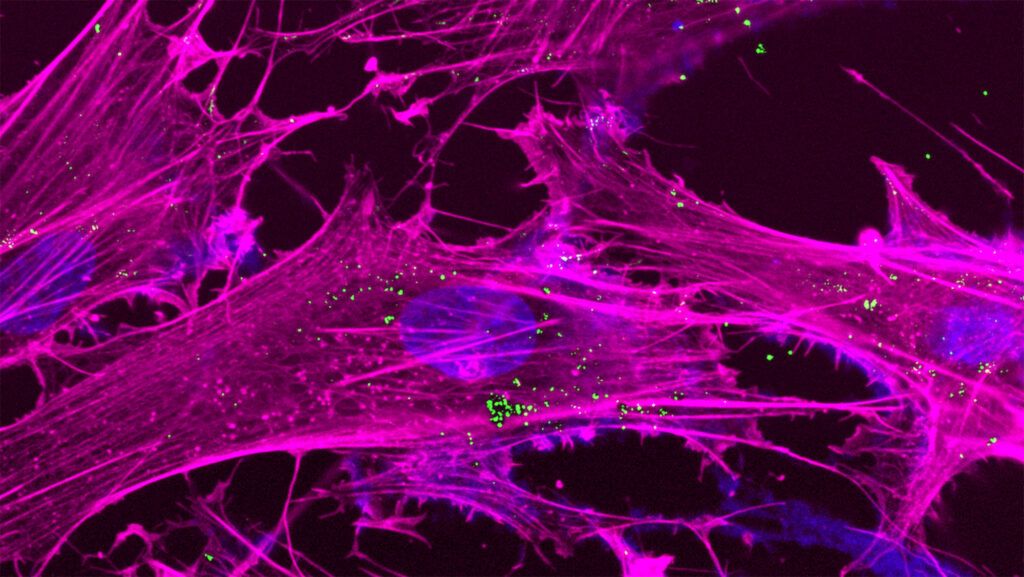Food science and technology student focuses on helping others
Penelope Medellin hopes to help improve her community through better nutrition, food choices
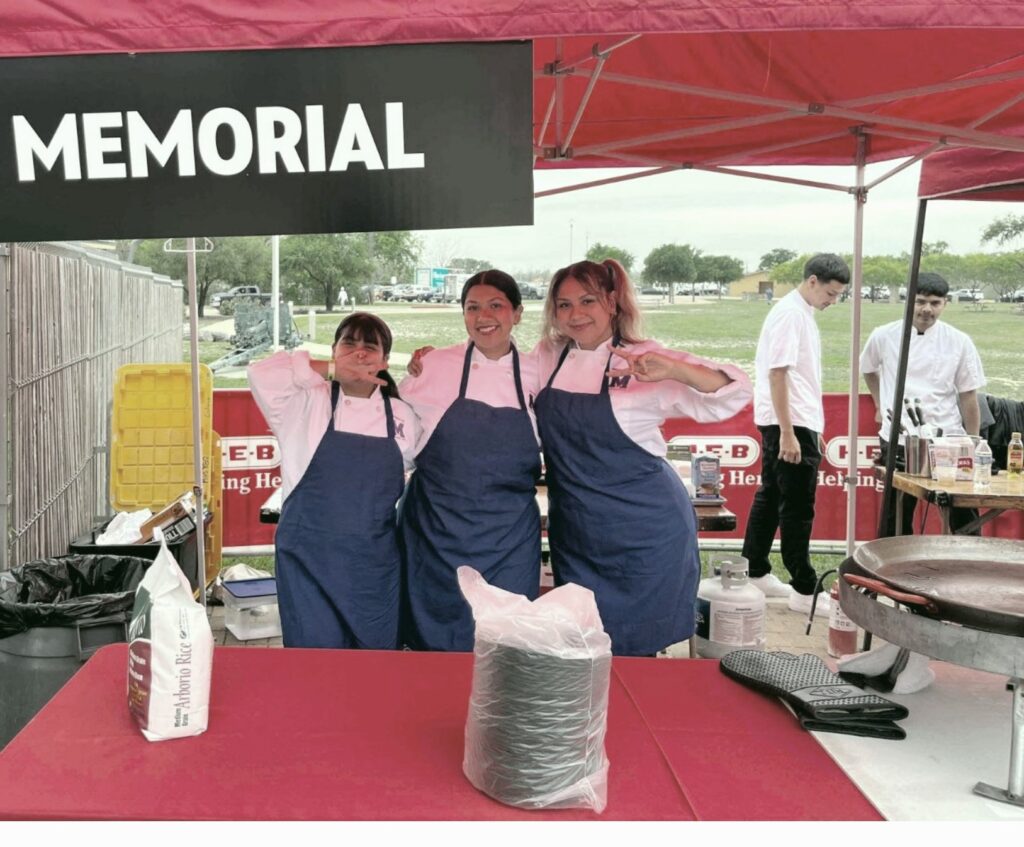
Penelope Medellin ’27, who started this semester at Texas A&M University, has always enjoyed science, but especially food science. That is why she has decided to pursue a bachelor’s degree from the Department of Food Science and Technology in the Texas A&M College of Agriculture and Life Sciences.
“I became actively involved in food science during my junior year at Memorial High School in San Antonio,” Medellin said. “My goal has always been to attend Texas A&M. I’ll be working toward a bachelor’s degree in food science and technology with the food industry option. My goal is to use that degree to help people improve their health through better nutrition and more well-informed food choices.”
Helping the community through food science
Medellin was involved in the culinary program and Bluebonnet BBQ Team in high school. This provided her with a combination of classwork in food science along with the opportunity to participate in food- and nutrition-related competitions and community events.
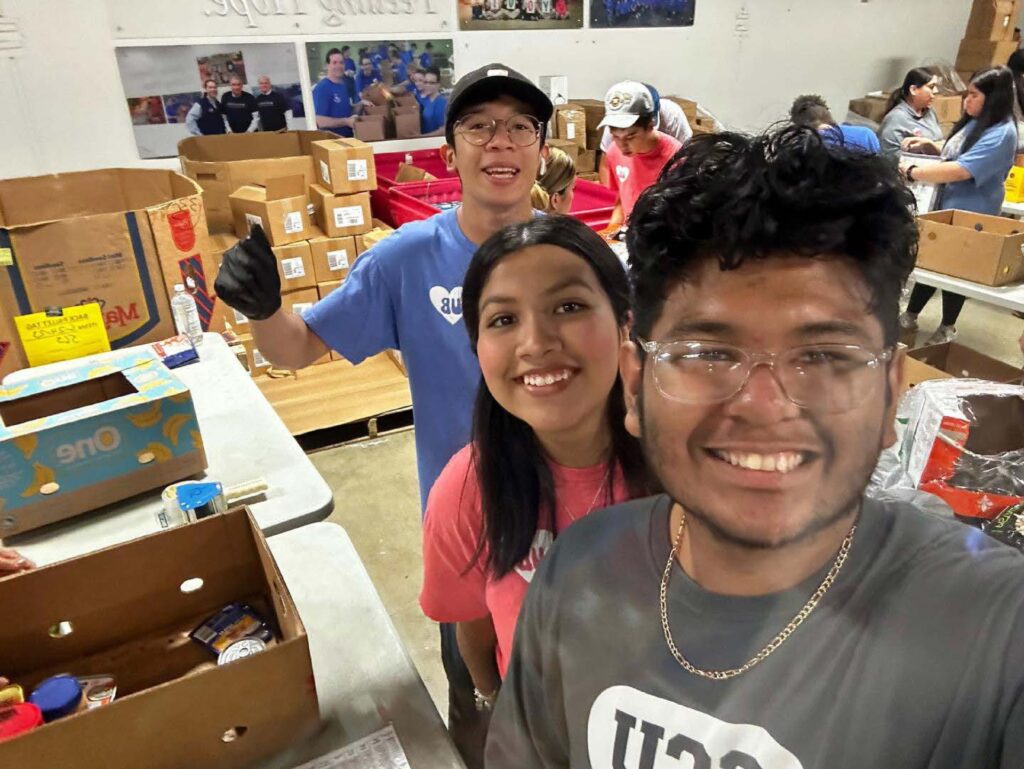
Among these competitions were National High School BBQ Association events in which she competed at a local, regional, state and national level. She also participated in community catering events sponsored by the Edgewood Independent School District, along with other public activities.
“These gave me the opportunity to meet with people, discuss my interest in food science and explain how I prepared the food they were eating,” Medellin said. “In high school, I was also involved in the Trinity University Upward Bound program, where I taught young women about food science. Plus, I have volunteered quite a bit, especially at the San Antonio Food Bank.”
A good fit for food science
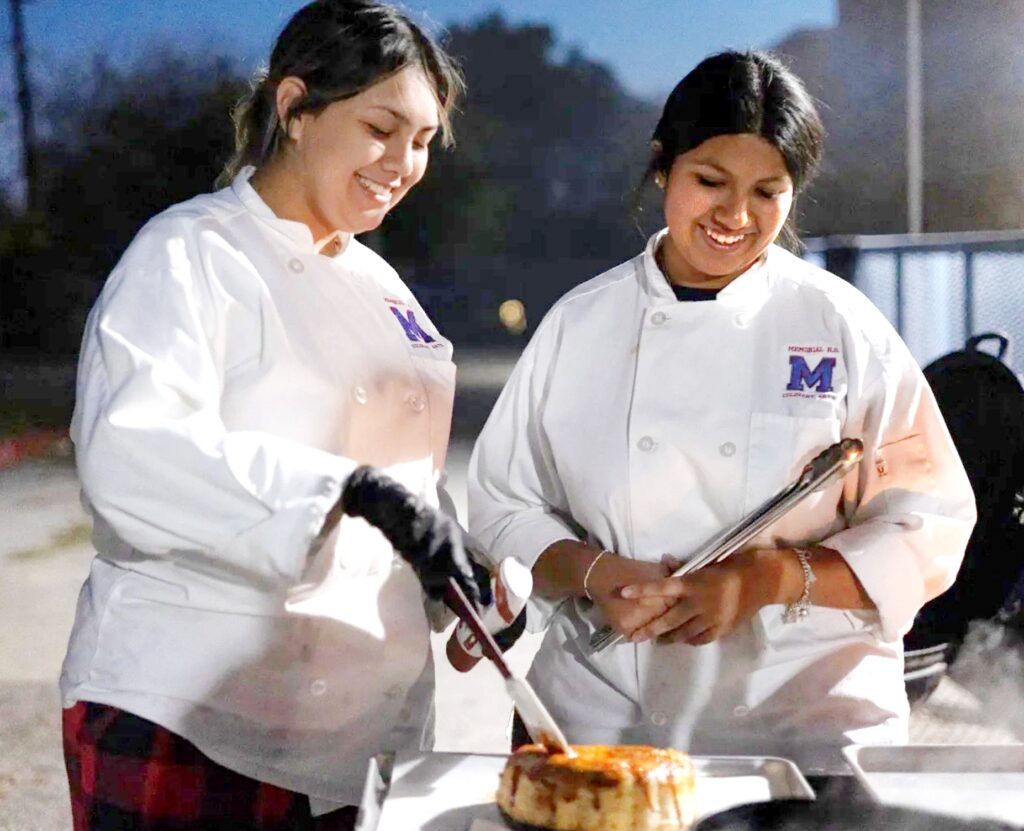
“Penelope is kind, reliable, funny and above all, determined,” said Valerie Banks, a Texas A&M customer relationship management specialist who advised Medellin in high school through the university’s AdviseTX initiative. “Whenever she wasn’t keeping up with academics or participating in extracurricular activities, like the school’s Bluebonnet BBQ Team, tennis or student council, she was lending a hand to other students and staff members.”
Her attitude and helpful nature earned her the nickname “Miss MHS” from Memorial High School’s faculty and staff as well as her peers.
“Now Penelope has new goals that only the food science program at Texas A&M will help her achieve,” Banks said. “One of those is to help her community by inspiring young Latinas to better understand how food plays a part in their health.”
Her focus on Texas A&M
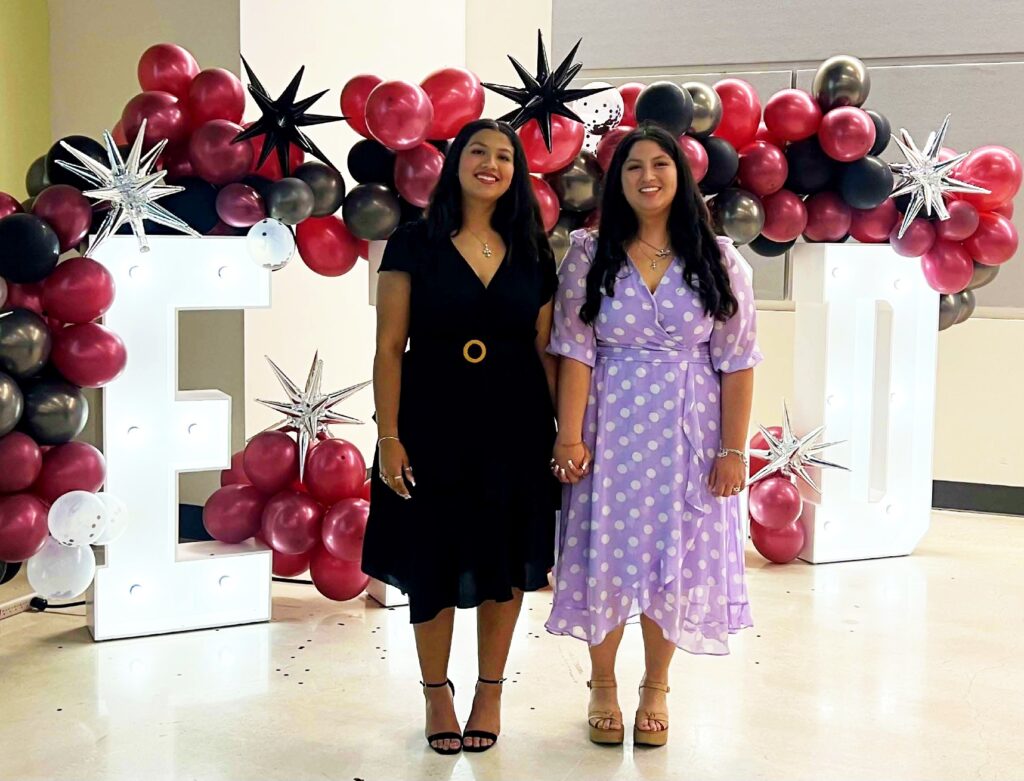
“My parents have always been supportive of higher education,” Medellin said. “They didn’t continue their education after high school, but they always encouraged me and my sisters to pursue our higher education so that we could have more opportunities.”
One of the main reasons Medellin wanted to attend Texas A&M was that she hoped to follow the example of her older sister Jasmyn, who graduated from the university earlier this year with a bachelor’s degree in microbiology.
“I’ve always been close to my sister, and we have a lot of common interests,” she said. “I visited her serval times while she was attending Texas A&M. I enjoyed walking around the campus and looking at all the buildings.
“I also enjoyed seeing some of the Aggie traditions, like the ring ceremony and watching a Texas A&M and LSU football game. It was impressive to see how enthusiastic the students were and how much they seemed to enjoy being at the university.”
A financial boost from scholarships
To help finance her education, she applied for scholarships and was successful in obtaining several of them. One was the Baumberger Endowment Scholarship, which provides Texas’ youth with scholarship funds in the basic arts and sciences. Another was a scholarship from the British American Foundation of Texas, which supports financially challenged, Texas-based students who excel academically.
She also received a Dean’s Excellence Scholarship from the College of Agriculture and Life Sciences as well as scholarships from the Regents’ Scholars Program and Century Scholars Program of Texas A&M.
So far, Medellin has amassed an impressive $300,000-plus in scholarships from various sources.
After she graduates, Medellin is hoping her degree will help her earn either a position with the U.S. Department of Agriculture, work as a food scientist with a major food retailer, or find employment in a business where she and her sister can work together.
“I also want to go back into my community and work with other young girls who are interested in food science. I’d like to show residents in my community how to use healthier ingredients when making traditional Hispanic dishes.”
Medellin said her grandfather had diabetes and she knows of others in her community who suffer from it.
“I’d like to show the people in my community how heathier food options can help manage this and other diseases,” she said.
Food science and technology at Texas A&M
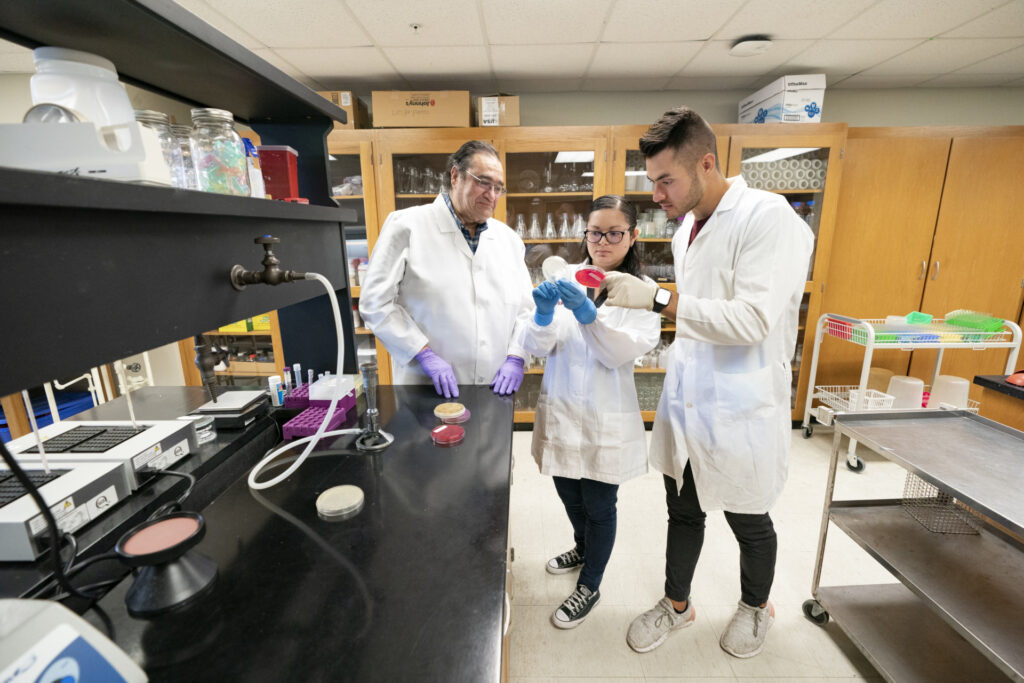
The field of food science and technology prepares students to develop new food products, design innovative processing technologies, improve food quality and nutritive value, as well as enhance food safety and health promoting properties.
Joseph Awika, Ph.D., who heads the department, said the department’s goal is to develop a world-class training, research and outreach program that leads the nation in shaping the future direction of the food science profession, while innovatively meeting the current and emerging needs of Texans.
“We provide unique, high-impact education and research programs that apply contemporary and novel technologies in food processing, food safety and quality, and sustainability,” he said.
Graduates from the Texas A&M Department of Food Science and Technology have a competitive edge for positions in the food industry, regulatory agencies and graduate school opportunities. Department data shows an almost 100% job or professional placement within a year of graduation. Some of the jobs for which the program prepares its graduates include food product developer, quality assurance manager, food chemist, food marketer, research scientist and processing plant manager.
The undergraduate curriculum is approved by the Institute of Food Technologies and offers two track options — food science and technology, and food industry. There is also an undergraduate degree in Food Systems Industry Management.
Graduate studies are designed to provide advanced training in the basic sciences, processing technology, and engineering processes related to food production. These courses are selected from those listed by the departments participating in the program to strengthen the primary interest of the student. These studies lead to the degrees in Master of Agriculture, Master of Science and Doctor of Philosophy in Food Science and Technology.




